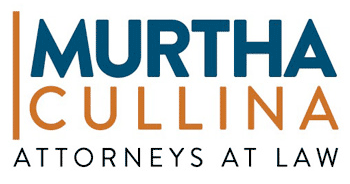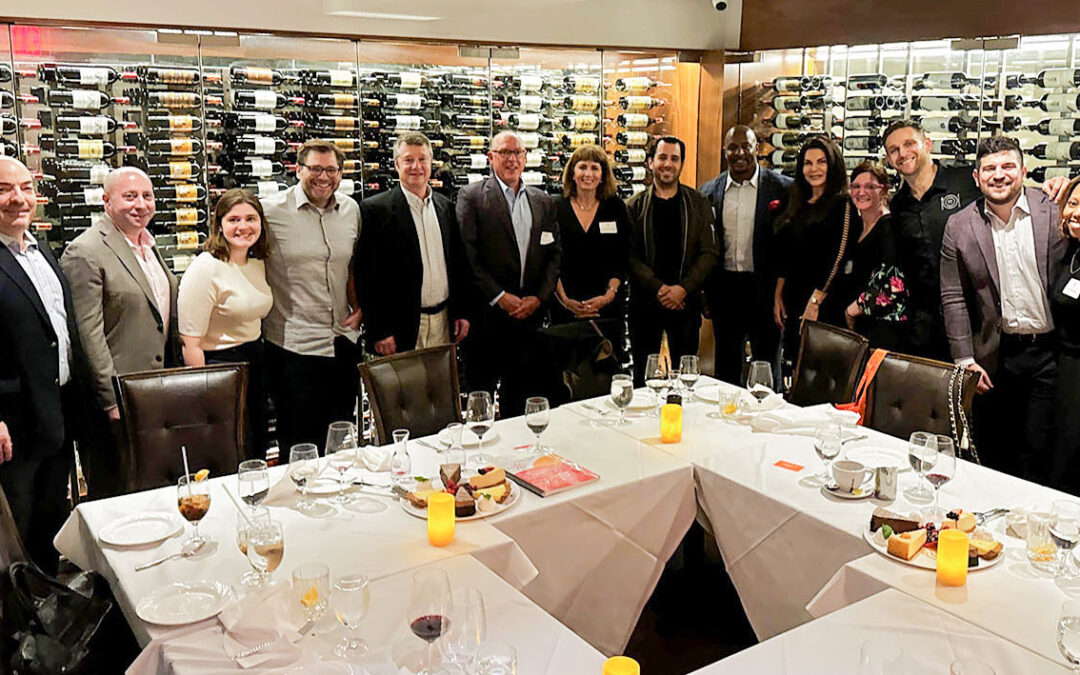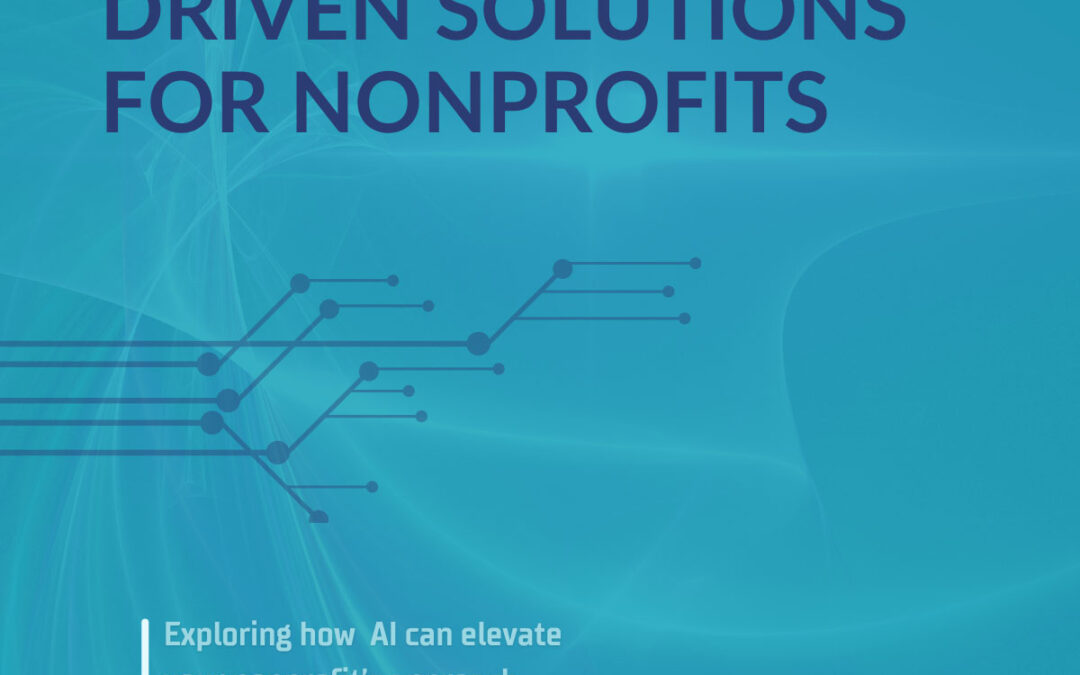TANGO Partner's Perspective
Capturing Opportunities and Avoiding Risks as We Adapt to the COVID-19 Pandemic
Ed Spinella
Partner Murtha Cullina, LLP

In the span of a month, all sectors of society, including our treasured nonprofit sector, have been profoundly impacted by the novel coronavirus (COVID-19).
 As with any significant challenge, the pandemic presents new risks as well as new opportunities. In navigating these new risks and opportunities, tax-exempt organizations must continuously adapt as they play a crucial role in our societal recovery. This Partners Perspective touches on certain emerging risks and opportunities that we have observed through assisting our clients during this fluid situation. We will continue to be a resource to all of you and hope this Perspective helps you adapt expediently, effectively and responsibly.
As with any significant challenge, the pandemic presents new risks as well as new opportunities. In navigating these new risks and opportunities, tax-exempt organizations must continuously adapt as they play a crucial role in our societal recovery. This Partners Perspective touches on certain emerging risks and opportunities that we have observed through assisting our clients during this fluid situation. We will continue to be a resource to all of you and hope this Perspective helps you adapt expediently, effectively and responsibly.
The CARES Act
In recognition of the crucial role the nonprofit sector plays in responding to the pandemic, the Coronavirus Aid, Relief, and Economic Security Act (the “CARES Act”) enacted on March 27, 2020, explicitly provides various forms of emergency relief to tax-exempt organizations. The type and amount of relief, in some instances, depends on the organization’s size and its classification under Section 501 of the Internal Revenue Code. We have previously written about the various provisions of the CARES Act that should be on your radar Click here. We are monitoring subsequent guidance as well as other proposed bills designed to assist tax-exempt organizations.
Directly Assisting Individuals Impacted by COVID-19
With the President’s March 13th official declaration of COVID-19 as a natural emergency, tax-exempt grantmaking organizations and employers have some additional options to support individuals impacted by the pandemic. Grantmaking organizations, including so-called “employer sponsored” public charities and private foundations, can make direct short-term and long-term assistance grants to individuals (including current and former employees of the applicable employer). We have been assisting clients with adopting written grant policies to effectively navigate the relevant legal landscape. Such policies should reaffirm the establishment of a charitable class and an objective and nondiscriminatory administration of assistance.
Employers can make “qualified disaster relief payments” to employees impacted by the pandemic. Qualified disaster relief payments may include payments for reasonable and necessary personal, family, or living expenses incurred as a result of lost employment. Pursuant to Section 139 of the Internal Revenue Code, these forms of disaster assistance should not be taxable as income to the recipients, and they should not be subject to employment taxes or other forms of withholding. Furthermore, the employer should be able to claim a business deduction for such assistance.
Employers can also now establish a donor advised fund (“DAF”) at a community foundation or other qualified public charity to provide assistance to employees affected by the pandemic. Ordinarily, DAFs are prohibited from making grants to individuals, but IRS guidance carves out an exception for employer-sponsored disaster relief funds. The charitable organization sponsoring the DAF may receive contributions from the employer, its employees and/or the public at large.
Governing Documents and Fiduciary Duties are Pandemic Proof
The fiduciary duties of care and loyalty remain in full force and effect notwithstanding responsible social distancing. Accordingly, fiduciaries should continue to adhere to their governing documents regarding notice, quorum and voting requirements as they help shepherd their organizations through these challenging times. While the pandemic is certainly a fluid situation, we have been hesitant to recommend invocation of the s o-called “emergency powers” provision of the Connecticut Revised Nonstock Corporation Act (the “Act”) (see section 33-1037 of the Act). This section of the Act originated from concerns surrounding nuclear war and a total disruption of our society where a quorum of directors could not be readily assembled due to a catastrophic event.
Most are fortunate to have phones, internet and/or other technology permitting real time participation. Luckily, section 33-1095(b) of the Act states that unless the certificate of incorporation or bylaws provide otherwise, the board of directors may permit any or all directors to participate in a regular or special meeting by, or conduct the meeting through the use of, any means of communication by which all directors participating may simultaneously hear each other during the meeting. A director participating in a meeting by this means is deemed to be present “in person” at the meeting.
Organizations should continue to be wary of “e-mail voting.” The Act does not allow directors to vote via proxy. Instead, they must vote in real time (e.g. “in person”). Accordingly, should an organization wish to authorize action in lieu of holding a meeting, a resolution can be circulated to the entire board and said resolution can be passed via unanimous approval (a response including a director’s e-signature and stating “I hereby approve” or something to that effect should suffice).
Endowments – Lifeline or Forbidden Fruit?
Disruptions to cashflow due to the duration of the pandemic and related shutdowns may push certain organizations to explore leveraging or otherwise accessing their “endowment.” First, a brief clarification: when we refer to “endowment” we are referring to a “true endowment,” where the donor has impressed an enforceable legal restriction to preserve the principal of the donation such that the recipient organization can only spend the income generated by said principal. A “board designated endowment” is not a “true endowment” as the organization’s current board can always revisit the prudency of preserving the corpus of said fund such that it is effectively unrestricted. There has already been controversy surrounding the Uniform Prudent Management of Institutional Funds Act and whether it enables fiduciaries to spend down their true endowments below their historic dollar value in the face of general economic uncertainty and/or sudden drop in other resources. We have consistently advised clients to be cautious of accessing or otherwise leveraging their true endowment due in large part to the historic position of the Connecticut Attorney General’s Office (which has statutory standing to protect the public’s interest in donated funds). We think continued cautiousness is prudent, but we acknowledge that the novelty and indefinite duration of this situation may present situations where organizations review options. Should you decide to explore accessing your endowment, we recommend you involve counsel and consider communicating with the Attorney General’s Office should such exploration mature into proposed actions.
Unlocking New Revenue
We have previously presented on the topic of Unlocking New Revenue Click here. We expect the pandemic will expedite the exploration of new revenue generating activities including joint ventures between tax-exempt organizations and/or for-profit organizations. Indeed, we have already seen some exciting ideas emerge and have been impressed at how various clients have embraced technology to explore new ways to connect with donors and program participants, including through providing remote services. We encourage organizations
to think outside the box regarding ways to leverage their human and intangible capital and we remind you to consider the unrelated taxable income (UBTI) and other potential legal ramifications. We also anticipate this situation may lead certain organizations to explore mergers, affiliations and other collaborations in order to a create continuums of service, to streamline operations and create a stronger platform to weather this uncertainly. If these opportunities emerge, we remind you of our prior presentation regarding the so-called “Collaboration Spectrum” Click here.
Final Words
In sum, the pandemic presents ample opportunities for tax-exempt organizations to creatively and strategically access available resources and to explore potential opportunities for not sustainability and continued success. While we are in unprecedented times, careful navigation of these new opportunities and their associated risks can help tax-exempt organizations be the beacons of hope society needs and emerge with vigor when we reach the other side of this situation together.
CONTACT
THE
PARTNER
Ed Spinella
Partner
Murtha Cullina, LLP
280 Trumble St (12th Fl)
Hartford, CT 06103
860-240-6059
http://www.murthalaw.com


